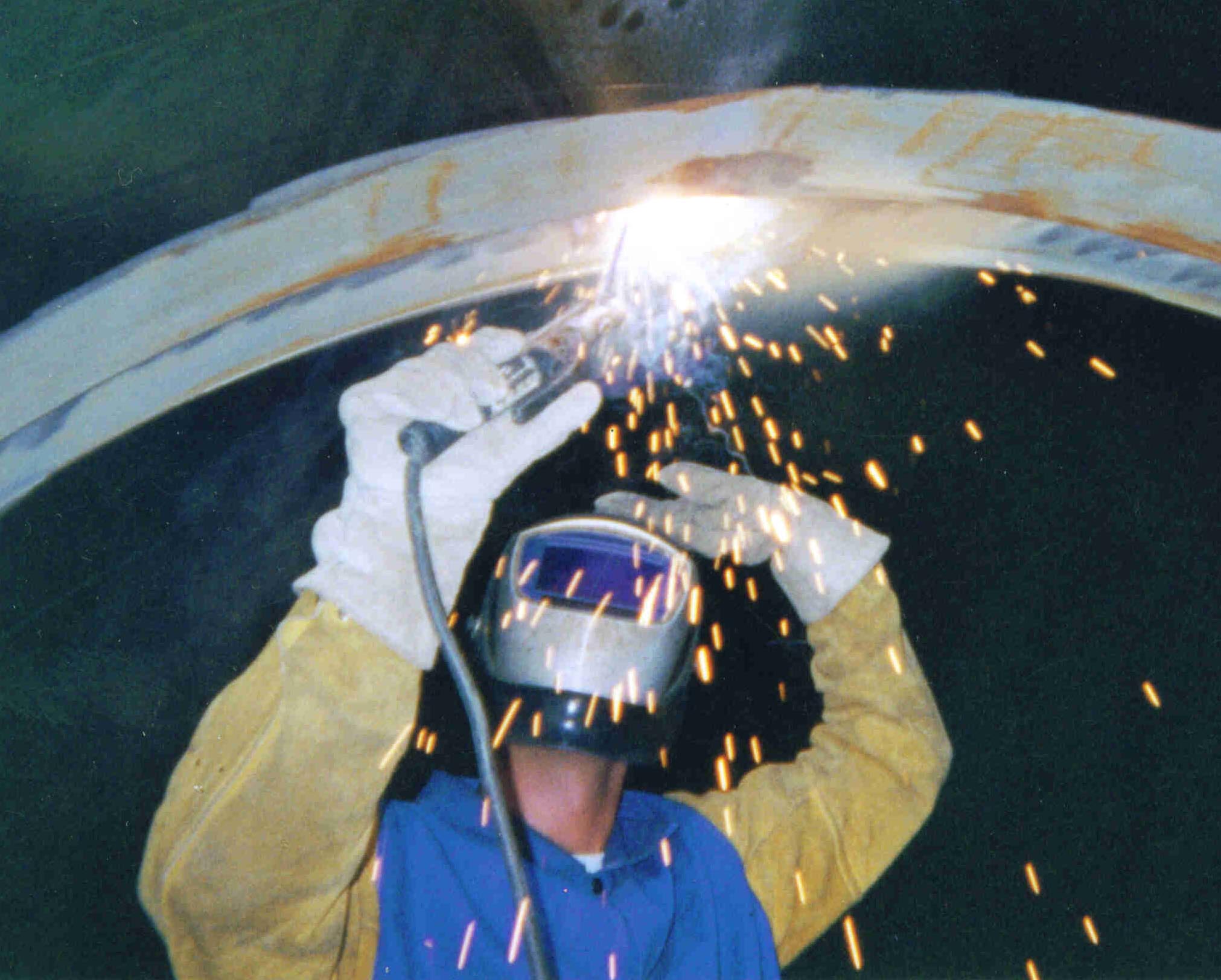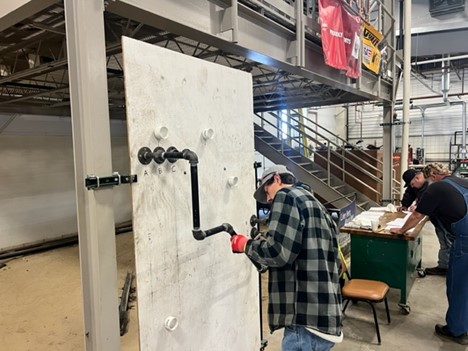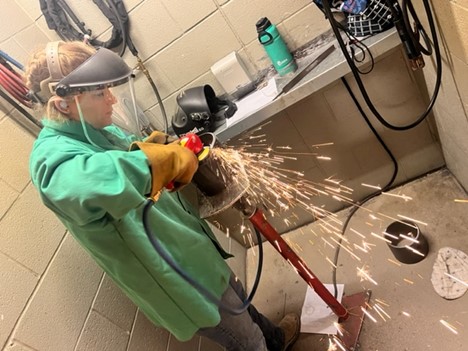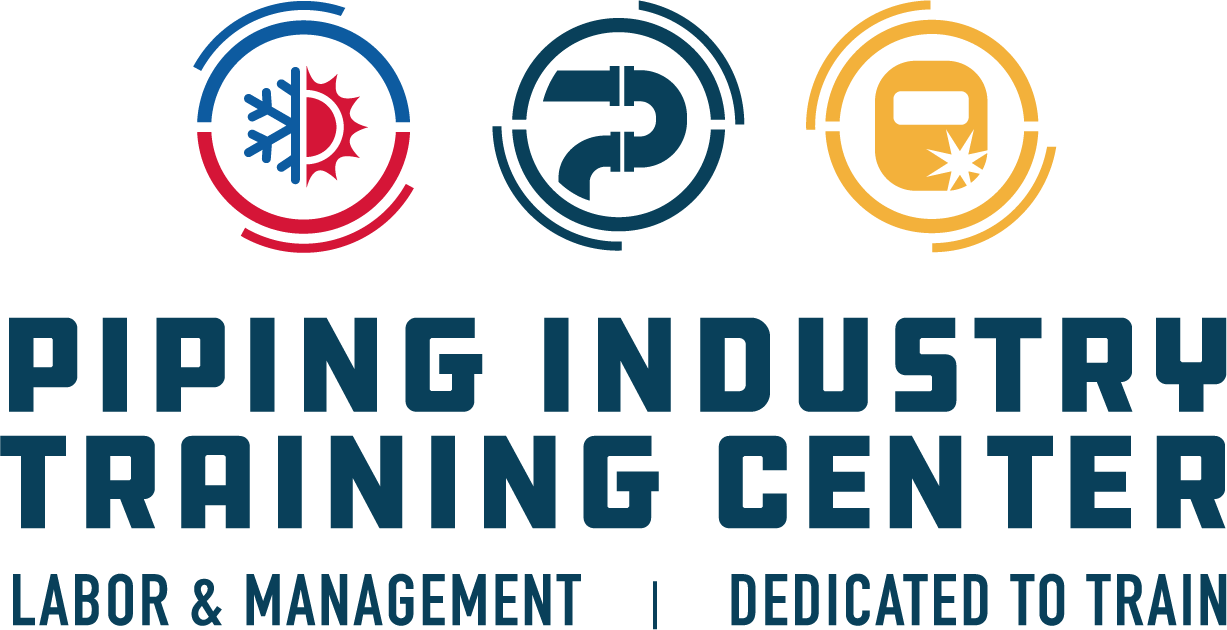The Trades Of The Piping Industry



Building Trades
What is a Plumber?
How to Prepare for the Trade
- Knowledge of general math – algebra, geometry, trigonometry
- Knowledge of general science – chemistry and physics
- Drafting and blueprint reading
- Good science and English skills
- Welding
Apprenticeship training for a plumber includes everything from basic shop and electricity to plumbing codes and water supplies & backflow. The five-year training program through the Piping Industry allows apprentices to obtain 8,500 hours of on-the-job training under the direction of a professional plumber while earning a competitive wage.
Click here to learn more about the Piping Industry apprenticeship program and to take the first step towards an exciting career.
What is a Pipefitter / Steamfitter?
How to Prepare for the Trade
- Knowledge of general math – algebra, geometry, trigonometry
- Knowledge of general science – chemistry and physics
- Drafting and blueprint reading
- Good science and English skills
- Welding
Apprenticeship training for a pipefitter / steamfitter includes everything from basic pipefitting and layout to valve repair and gas installations. The five-year training program through the Piping Industry allows apprentices to obtain 8,500 hours of on-the-job training under the direction of a professional pipefitter or steamfitter while earning a competitive wage.
Click here to learn more about the Piping Industry apprenticeship program and to take the first step towards an exciting career.
What is a Welder?
How to Prepare for the Trade
- Knowledge of general math – algebra, geometry, trigonometry
- Knowledge of general science – chemistry and physics
- Drafting and blueprint reading
- Good science and English skills
Welding is a specialized tool of the Piping Industry’s pipefitting trade. The five-year training program through the Piping Industry allows apprentices to obtain 8,500 hours of on-the-job training – including 350 hours of welding training – under the direction of a professional pipefitter while earning a competitive wage.
Click here to learn more about the Piping Industry apprenticeship program and to take the first step towards an exciting career.
Mechanical Equipment Serviceman
What is an HVAC / Mechanical Equipment Serviceperson?
How to Prepare for the Trade
- Knowledge of general math – algebra, geometry, trigonometry
- Knowledge of general science – chemistry and physics
- Drafting, blueprint reading, and mechanical drawing
- Welding, metal, and machine shop
Apprenticeship training for an HVAC / mechanical equipment serviceperson includes everything from basic shop and heating to electrical codes and gas & oil controls. The five-year training program through the Piping Industry allows apprentices to obtain 8,500 hours of on-the-job training under the direction of a professional HVAC or mechanical equipment serviceperson while earning a competitive wage.
Click here to learn more about the Piping Industry apprenticeship program and to take the first step towards an exciting career.
